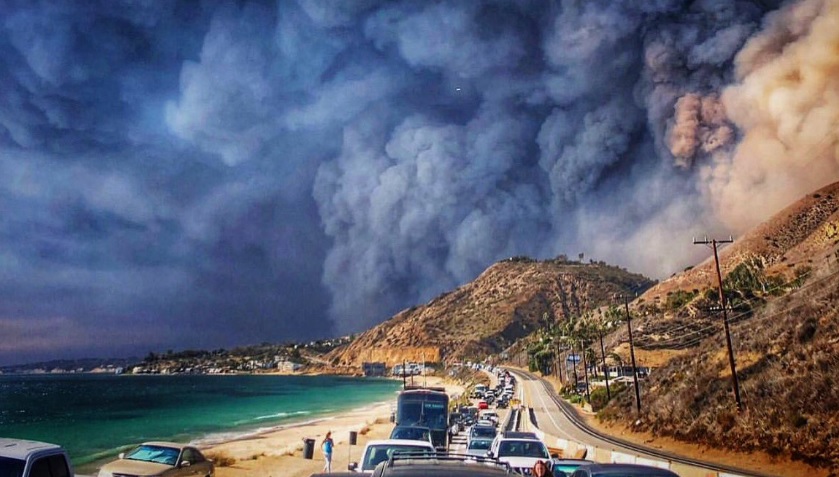Allstate no longer issuing new insurance policies in California
06/09/2023 / By Ethan Huff

State Farm was the first to leave, and now Allstate has likewise stopped issuing property and casualty insurance coverage to all new customers in California.
The company says it is simply too expensive these days to underwrite policies in the Golden State, which the media is reporting has “seen thousands of natural disasters in recent years” that resulted in sizable losses.
It turns out that Allstate stopped writing new property and casualty insurance policies in California several months ago, but only just now got around to announcing this fact publicly.
The most recent data from 2021 shows that Allstate was the fourth-largest insurer in California, earning $4.3 billion in premiums that year while incurring $2.6 billion in losses.
“We paused new homeowners, condo and commercial insurance policies in California last year so we can continue to protect current customers,” the company said in a statement.
“The cost to insure new home customers in California is far higher than the price they would pay for policies due to wildfires, higher costs for repairing homes, and higher reinsurance premiums.”
(Related: Earlier this year, California saw numerous “bomb cyclone” storm events that left hundreds of thousands of people without power or with flooded properties.)
In 2021 alone, California saw at least 7,396 wildfires that burned 2.6 million acres of land
It turns out that one of the reasons some insurance carriers are leaving California is because the state requires that insurance companies provide a higher level of payouts for more than just damaged property.
According to the California Department of Insurance (CDI), state law also requires that they cover expenses for emergency shelter and food; personal property and valuables; damage to other nearby buildings or structures; the removal of trees, shrubs, and debris; and water damage not caused by a flood.
Insurance carriers are also prohibited from quickly adjusting their rates to cover all these increased costs, which is how they try to rip people off in other states.
All those costs can add up, though. In 2021 alone, California saw at least 7,396 different wildfires that all together burned some 2.6 million acres of land, according to the California Department of Forestry and Fire Protection. In 2022, California saw an additional 7,490 wildfires that burned 263,455 acres.
State Farm had similar reasons for its decision to withdraw from California, citing “rapidly growing catastrophic exposure” throughout the state. The company says it will continue to work with the state’s insurance commission while evaluating the market to see if perhaps it might decide to return some day.
In 2021, State Farm was the largest property insurer in California, raking in more than $7 billion in premiums while incurring losses of around $4 billion.
Keep in mind that there are still about 115 other insurance companies that are planning to continue writing policies in California for the foreseeable future.
“Announcements such as State Farm’s can create uncertainty and anxiety among consumers looking for homeowners insurance,” the California Department of Insurance said in a statement.
“While the California Department of Insurance cannot legally control a company’s business decision, we can help Californians navigate their options.”
American International Group (AIG) is also reportedly limiting coverage in California, having notified thousands of state residents recently that their policies will not be renewed once they expire.
There are also some auto insurers that are fleeing California, citing too-high costs associated with covering drives. In 2020 and 2021 during the Wuhan coronavirus (Covid-19) “pandemic,” auto insurance losses throughout the state spiked by 25 percent while premiums increased by just 4.5 percent.
“Oh no, the climate changed,” someone joked in the comments.
More related news about the changing economic climate can be found at Collapse.news.
Sources for this article include:
Submit a correction >>
Tagged Under:
Allstate, California, Collapse, Collapsifornia, inflation, insurance, insurance coverage, money supply, newsom, risk, supply chain
This article may contain statements that reflect the opinion of the author
RECENT NEWS & ARTICLES
COPYRIGHT © 2017 COLLAPSIFORNIA




















